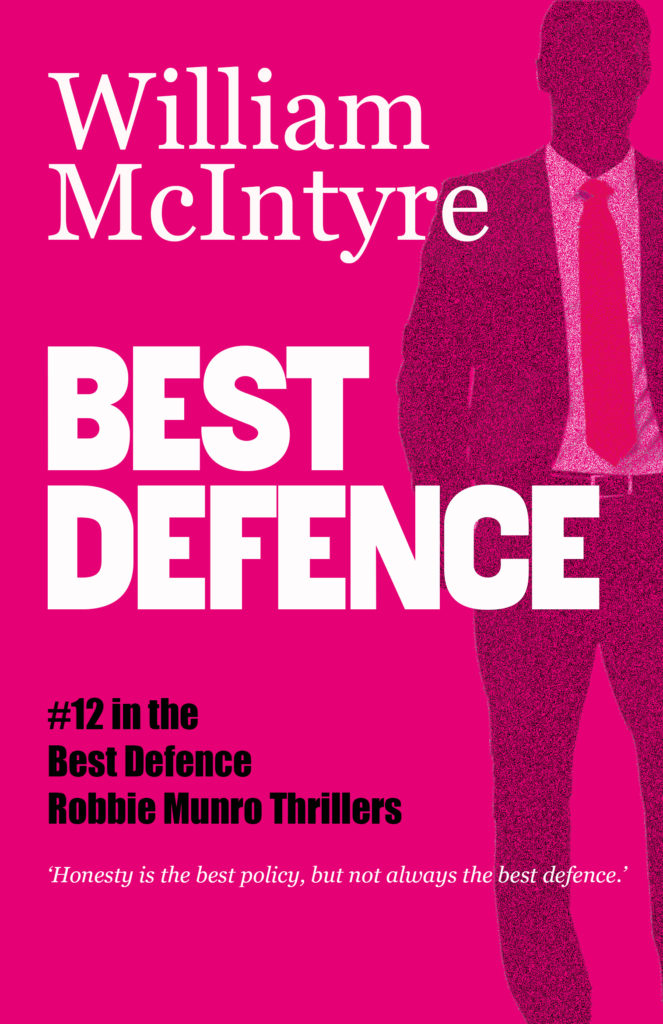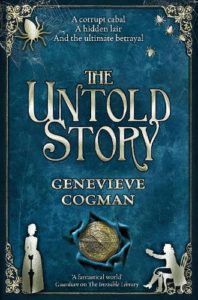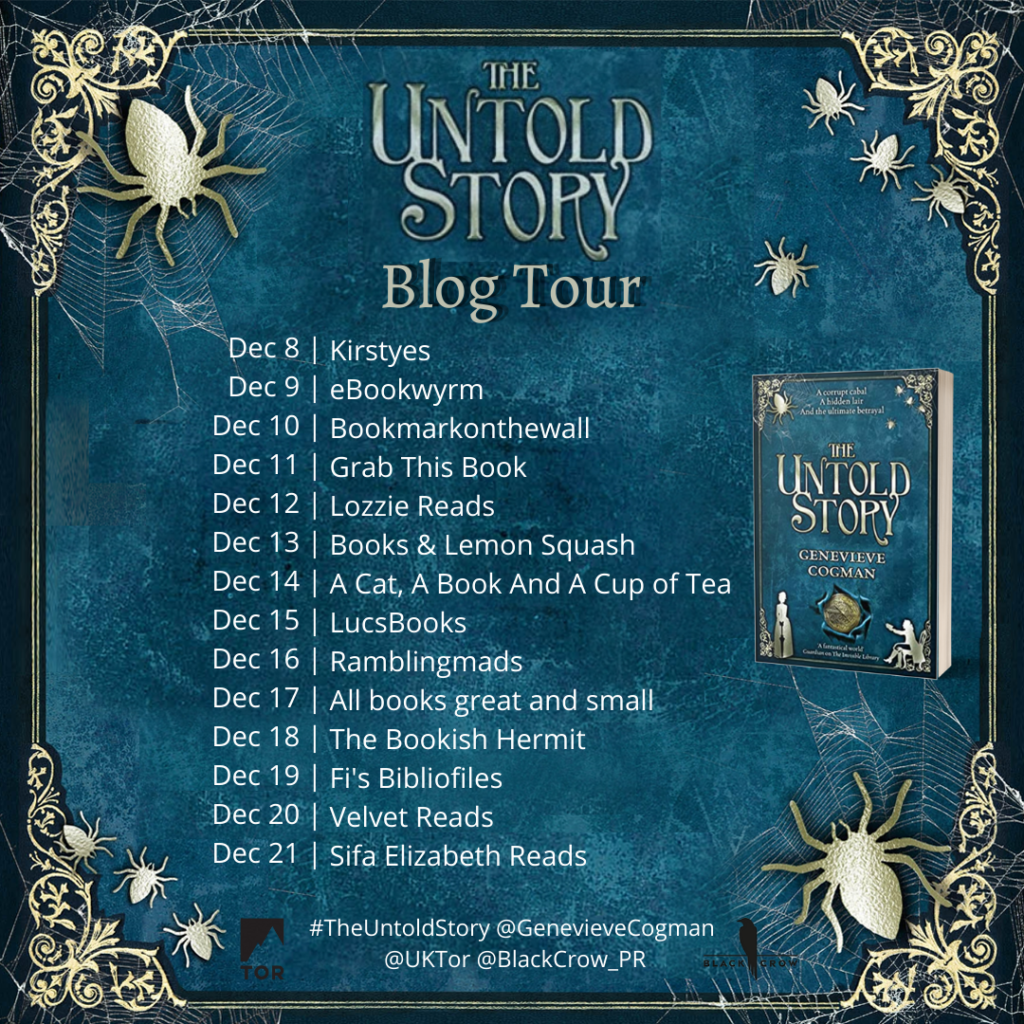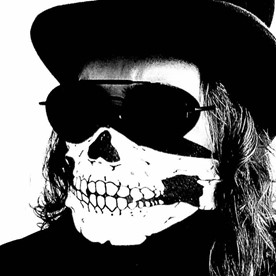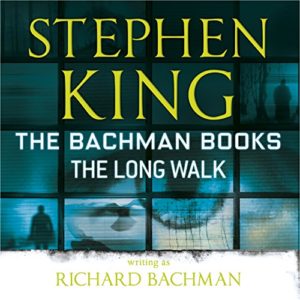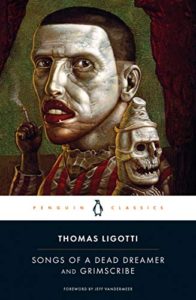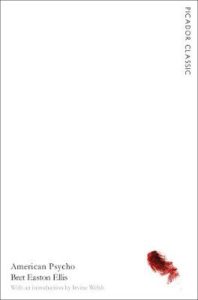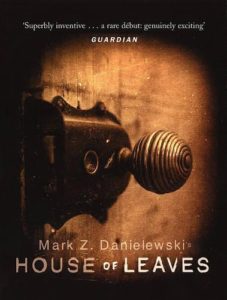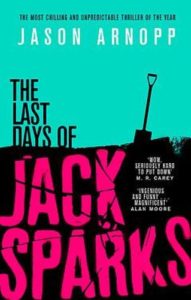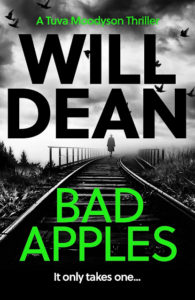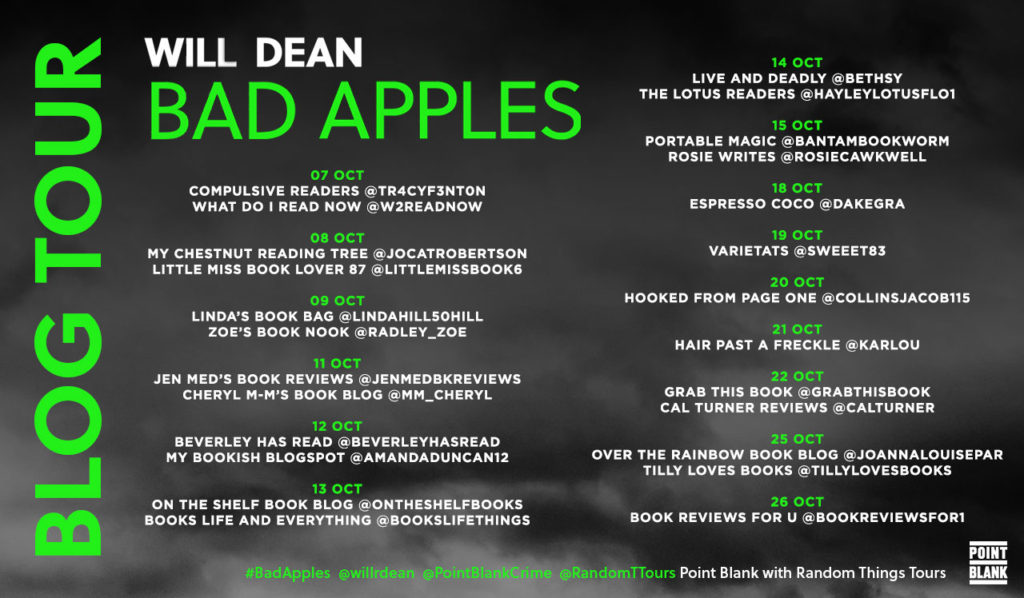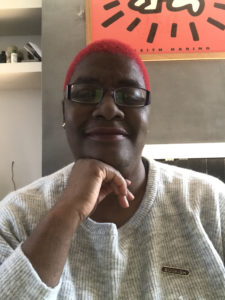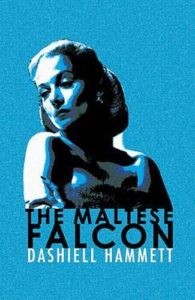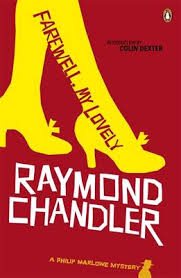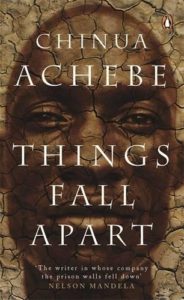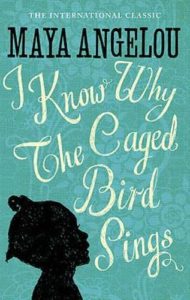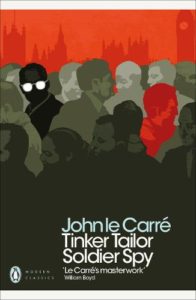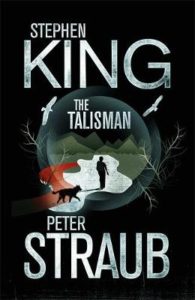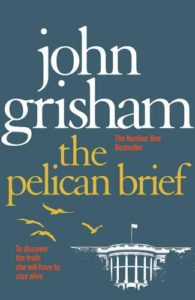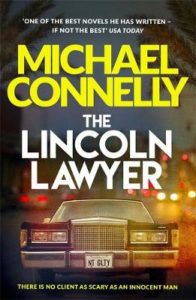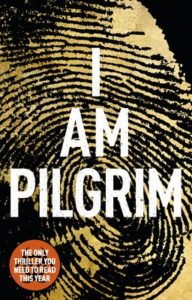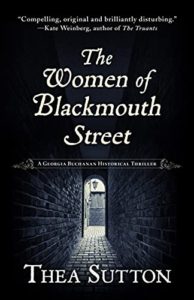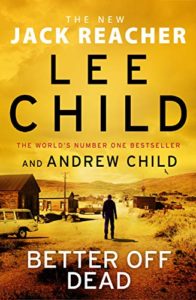It’s December and another reading year draws to a close. This means I get to look back and select the ten books which I enjoyed most over the last twelve months. These are my personal favourites from the ones I read. They may not be to your liking and you may feel I have missed something outstanding (maybe I didn’t read it) but I hope you will seek out some or all of my selections and enjoy them as much as I have.
If you follow me on Twitter (@grabthisbook) then you will not be surprised at my selection for my favourite book of 2021 – I have been singing its praises since I read it back in February. The exciting news is I am able to share a fabulous discount offer which will grab you 25% off the purchase price if you buy my favourite read through the publisher’s website – details are below.
So to the books. Ten. Because choosing more makes it easy and I start to ask myself why I am leaving out good books if I have made an exception for an eleventh book or a twelfth or thirteenth – before you know it you have a top 25 and that’s too many to be “Top”.
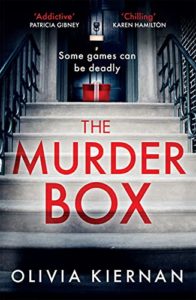 10: The Murder Box – Olivia Kiernan
10: The Murder Box – Olivia Kiernan
This was my introduction to the Frankie Sheehan books by Olivia Kiernan and I immediately regretted missing the first books in the series.
A murder mystery wrapped in a puzzle for Sheehan who is too distracted by the disappearance of a local celebrity to give the Murder Box she has recieved the attention it deserved.
It’s great to discover a new series and I will be catching up on Frankie Sheehan in the new year.
You can buy The Murder Box here: https://www.waterstones.com/book/the-murder-box/olivia-kiernan/9781529401141
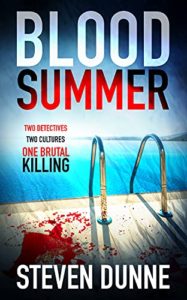 9: Blood Summer – Steven Dunne
9: Blood Summer – Steven Dunne
It had been too long since I had last read a Steven Dunne thriller so when Blood Summer released earlier this year I grabbed it at the first opportunity. Boy am I glad I did!
Steven Dunne is brilliant at spinning his magic on dark and disturbing murder stories. Blood Summer shows that he can even bring chills to summertime in the South of France. This story has a global span but is centred around a small French village and a brutal double murder in a luxury villa.
French police and a former American agent who now works on security and protection are both interested in the victims but for very different reasons. Trust me when I say you should not miss out on this book.
You can buy Blood Summer here: https://www.amazon.co.uk/gp/product/B09B12NDXS/ref=dbs_a_def_rwt_bibl_vppi_i0
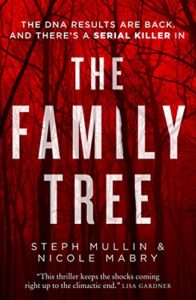 8: The Family Tree – Steph Mullin and Nicole Mabry
8: The Family Tree – Steph Mullin and Nicole Mabry
Debut release for the writing partnership of Mullin and Mabry. It’s a serial killer story and I always enjoy reading those. But the nice switch-up, which made this book shine for me, was that the killer abducts his victims and keeps them alive for months before finally dumping their bodies. He also takes two victims at a time. We know this as the authors tell of each abduction through the eyes of the victims, each new abduction reveals a little more of what happens to the girls who are taken.
In present day Liz Catalano takes a DNA test to trace her family tree, she is shocked to discover she is actually adopted but her DNA flags on the FBI watchlist as Liz is related to a serial killer who has been escaping justice for many years.
You can buy The Family Tree here: https://www.waterstones.com/book/the-family-tree/steph-mullin/nicole-mabry/9780008461249
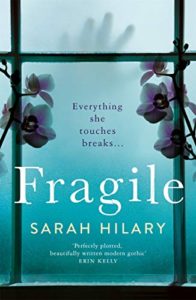 7: Fragile – Sarah Hilary
7: Fragile – Sarah Hilary
I’ve been a fan of Sarah Hilary’s Marnie Rome books for a good few years but Fragile is her first stand alone novel. As I know Sarah is one of the few authors who will really put her recurring characters into very dark places I was keen to see what would happen when she was given a blank canvas with no requirement to keep anyone alive at the end of the book.
What we get is a beautiful gothic story with a tight cast of characters who are all so wonderfully realised that the spring from the pages as the story unfolds around them.
You can buy Fragile here: https://www.waterstones.com/book/fragile/sarah-hilary/9781529029444
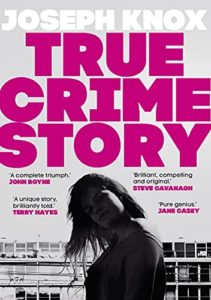 6: True Crime Story – Joseph Knox
6: True Crime Story – Joseph Knox
True Crime Story is one of the books I enjoyed as I read it but then found myself still thinking about some elements of the story long after I had put it down. That’s the sign of a good story and that’s why TCS has been included in my selections. It also makes me go against my policy of not recommending books with characters I really didn’t like (but I wasn’t meant to like the character in question so I guess it’s Kudos to Mr Knox here).
In 2011 a girl went missing, years later a journalist tries to put together the story of that missing girl. She speaks with friends of the girl and they recount what they can remember but time can play tricks on your memory, particularly if the person you were as a student is not the person you are today. Clever, clever writing and a cracking story teased out for readers.
You can buy True Crime Story here: https://www.waterstones.com/book/true-crime-story/joseph-knox/9780857527707
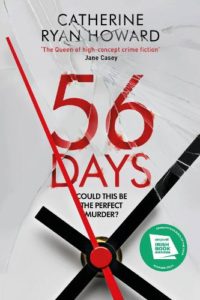 5: 56 Days – Catherine Ryan Howard
5: 56 Days – Catherine Ryan Howard
In 2021 as we are almost two years into a global pandemic but there have been very few books which actually acknowledge said pandemic. Step forward Catherine Ryan Howard who not only references the pandemic but builds a very slick murder story around Covid. In spring 2020 as the world inched its way into the very first lockdown Ciara and Oliver are in the early stages of a relationship. They think. So when lockdown looms they agree to couple up and move in together. Nobody else knows. Fifty six days later one of them is dead and the police have no idea why.
56 Days was my top audiobook listen in 2021 and it very much gets included in this top ten too.
You can buy 56 Days here: https://www.waterstones.com/book/56-days/catherine-ryan-howard/9781838951627
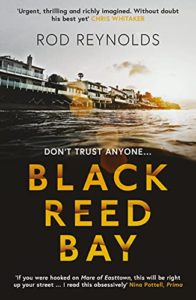 4: Black Reed Bay – Rod Reynolds
4: Black Reed Bay – Rod Reynolds
Introducing Detective Casey Wray this is another American based thriller from Rod Reynolds. A young woman has disappeared, last seen in an exclusive waterside residential estate. She called for help as she ran through the streets and some of the residents saw her but nobody knows what happened next.
Casey Wray is investigating but there are distractions in her precinct and loyalties will be put to test.
I got completely caught up in this book, everything else was put to one side until I found out how the story in Black Reed Bay was going to be resolved. From the moment I inhaled that last page and set down the book there was never a doubt it woudl be included here in my end of year favourites.
You can buy Black Reed Bay here: https://www.waterstones.com/book/black-reed-bay/rod-reynolds/9781913193676
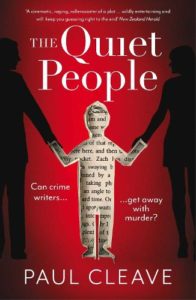 3 – The Quiet People – Paul Cleave
3 – The Quiet People – Paul Cleave
This is a story to put you through the wringer. A troubled 7 year old child, his parents barely coping, disappears from his bedroom in the night. The previous day the boy had publically clashed with his father at a local fair. Witnesses will come forward to tell of their shock at how the father coped with his son’s behaviour.
The parents are both crime authors and have a fair degree of celebrity. For years they have written books where murders have been committed and bodies hidden. Now they are in the spotlight for all the worst reasons and the strain on their relationship is making them appear to be acting in a guilty manner. An increasing number of people are thinking the worst of them and while they are under suspicion their son remains missing. Utterly gripping.
You can buy The Quiet People here: https://www.waterstones.com/book/the-quiet-people/paul-cleave/9781913193942
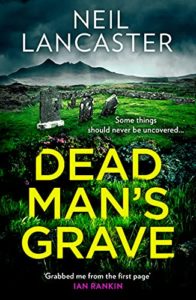 2: Dead Man’s Grave – Neil Lancaster
2: Dead Man’s Grave – Neil Lancaster
Bringing the action thriller to Scotland with the brilliant Dead Man’s Grave. In a remote Highland graveyard the head of a powerful crime family is murdered, his body hidden beside an old grave. Max Cragie is a former Met police officer now working with Police Scotland and he is caught up in the aftermath of this killing. A powerful family want revenge for their father’s death but it seems the motive lies in the past and a long-forgotten family feud is suddently resurrected.
Craigie must act to keep some innocent people safe from the gangsters but when he discovers the criminals have some members of Police Scotland on the payroll his task gets much more complicated.
A terrific action thriller and the first book in a new series – get caught up on Craigie immediately.
You can buy Dead Man’s Grave here: https://www.waterstones.com/book/dead-mans-grave/neil-lancaster/9780008517120
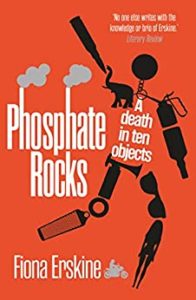 1: Phosphate Rocks – Fiona Erskine
1: Phosphate Rocks – Fiona Erskine
I may be running out of superlatives for Phosphate Rocks. I adored it.
A body in an old chemical works in Leith. It’s been there for years. Beside the body is a table with ten objects, each has a story and former site foreman John Gibson is going to tell those stories. His audience is DI Rose Irvine of Police Scotland and she will hear all about life in a chemical plant at a time when the world delivered valuable resources to Edinburgh and a crew of working men would oversee the production of these chemicals from their raw state.
Fiona Erskine combines a crime story with some fascinating science lessons and gives it heart and soul by making each character feel real. As the book does seem to contain a number of anecdotal tales (with Fiona herself making a cameo) you cannot help but feel each character and incident actually was real.
It’s a story like no other I have read this year and I urge you to seek it out.
You can buy Phosphate Rocks here: https://sandstonepress.com/books/phosphate-rocks and if you use the code below you will get 25% discount on the cover price (if you buy before 31st December 2021). Order before 14 December to get delivery in time for Christmas.

